Do Fukuoka Like a Local
Fukuoka is rapidly emerging as one of the most exciting holiday destinations of 2015: a buzzing art scene, a full nightscape of Michelin stars, world-renowned tonkotsu ramen, and some of the most lush natural scenery within an hour’s drive of the city. But how do you make the most of the city without simply wearing down the well-engraved tourist trail? Read on for some of the more unusual spots that Fukuoka locals love and you will, too.
Take your date to…
Dinner with the fireflies at Kayanoya.
Many restaurants boast a beautiful location, but rarely do you feel you’ve been dropped into a fairy tale. Kayanoya’s traditional-style thatched wooden houses stand next to a river and between verdant hills, with traditional water features and stone lanterns decorating the grounds. At night the electric candles and open fire illuminate the bridge and create beautiful shadows on the water and grounds. Night time is also when the fireflies begin their elusive dances. The fireflies, unfortunately, point blank refused to pose for our cameras, but as we get later into the summer they will multiply, creating a darting cloud of fluorescent green light. It is the perfect setting for a romantic tryst. Kayanoya is truly planted in the middle of nature, but the natural beauty of its surrounds coupled with the quality of its food means that it attracts a constant flow of discerning diners.
We chose the ¥10,800 menu. This included nine delicious courses, all of which were beautifully presented and made of the finest local products. The appetizers are served on Hakata Magemon, traditional tableware made with cedar wood and cherry wood, but no metal. The sashimi was so fresh you might think they had just caught it in the river that runs in front of the restaurant. This was served with clean-tasting, freshly homemade wasabi. The beef sukiyaki with tomato sauce, once we had received a lesson in its preparation, was wonderfully high quality, making for tender, tomato-soaked rolls of deliciousness; for the uninitiated, beef sukiyaki involves cooking your beef, chilli, onion and basil in a rich tomato sauce, then wrapping the beef around the other ingredients. The beef steak with teriyaki sauce was also a big success, having a sweet and rich flavor and a melting texture. For dessert, the white asparagus ice cream, originally ordered out of curiosity, ended up making life-long converts of us all.
Two of our diners had allergies, and with advance warning Kayanoya was beyond excellent in providing for them. The menus were altered with delicious alternatives, meaning that, as usually results, the patrons in question didn’t feel as if they were missing out at all, but enjoying a unique and delicious meal all their own. Since not all of our party spoke Japanese, the restaurant had specially written up English menus, including extra information on the origin of the ingredients and tableware.
Reservations are required, and if you tell the staff the name of each person in your group in advance, you can receive a special place card with your name spelled in flowers, making a perfect souvenir. If you have a party of four or more, you even have the option of being picked up from your hotel by a shuttle bus. All in all, the service went above and beyond anything we expected. Maybe you won’t see any old women transform into beautiful witches, or watch the dances of a fairy court, but you most certainly will have a magical experience.
Take your kids for…
A miniature train ride on top of Hakata Station.
As the tiny tin whistle sounds and the chugging noises begin, the giggles of the children get louder. At the Hakata Station roof garden, parents and kids chug around the tiny train track surrounded by flowers, whilst friends and loved ones excitedly take photos with whatever device they have on hand. Even children who don’t profess a die-hard enthusiasm for trains enjoy the ride on this small model of a steam train, since the pace is gentle and the experience novel (a ticket costs around ¥200 per person). Next to the train track, there are also small tricycles and scooters sprinkled around next to a shaded seating area, both free to use for any passersby.
The roof garden also possesses a beautiful and serene shrine, including some rather entertaining sculptures, where, if you’re a nervous rail-rider, you can pray for the safety of your train, or simply catch a moment of tranquillity. Next to this there is a sweet little garden, and also some stalls selling snacks and souvenirs. The fact that this roof garden is the point of entry for most people visiting Fukuoka makes it a conveniently fun spot to hang out at when recovering from or waiting for a train.
Take your yoga mat for…
Healthy fare for a healthy body at Café Kurata.
What makes you fall for an adorable cafe? Multi-coloured traditional teapots, freshly made fluffy bread, heaps of cake to both ogle and consume with delight, mouth-watering vegetarian fare, a sweet, homemade jam for sale, a pink-haired owner? Well Cafe Kurata has all of these things, plus it offers yoga and cooking classes. This lovely little place near Chojabara station believes in “eating fun things good for the body.” The interior is airy, with full-length windows, furniture made out of natural materials, and a rainbow of brightly painted cast iron teapots.
The menu aims to impress with its delicious but healthy fare. Perhaps the most popular dish is a plump hamburger made of Wagyu meat in a demi-glace sauce, accompanied by rice (there’s a choice of brown or white) and miso soup, or soup and bread. It costs ¥1,200, and is, without a doubt, incredible.
The open kitchen allows you to gawk at the chefs’ cooking skills, and if you feel inspired, you can join one of the regularly held cooking classes. For mummies who want to learn to make something yummy, the restaurant also has a children’s space for the little ones to play in, so you don’t have to worry about keeping them entertained as you learn to make their soon-to-be favorite dishes. Café Kurata also hold events to help its customers approach healthy living through enjoyable exercise, such as the cafe’s popular yoga events: natural aroma oils scent the air as customers bend and flex in order to relax, improve their general health, and boost their metabolisms.
And because life is no fun without a little deviance, the cafe also serves outrageously moist and fluffy cakes. A cake set (a cake from the showcase plus a choice of coffee, tea, apple juice or orange juice) will set you back only ¥800. The onsite shop allows you to take some of the freshly baked goodness (be it pumpkin bread or scones) away with you, plus homemade jams and a selection of specially selected lifestyle goods, like makeup bags and baby bibs.
The place is popular with health-conscious locals, due to its delish yet healthy menu, so it can get a bit full on the weekends. Let us assure you, it’s worth the wait.
Take your wallet for…
A nostalgia session at Sinkukan.
So it turns out tie-dye isn’t dead. It actually just gave itself a makeover and then moved to Fukuoka, where designer Yuji Tanaka is now making shirts, jumpers, umbrellas, scarves and jeans using natural dyes. For the past 21 years, Tanaka has been utilizing all-natural indigo from Tokushima and carbon from Nara in his designs, and he had 10 years of design experience before that. The result is delicately executed tie-dye patterns that will stay tied down—no worries about putting these pieces in the washing machine, as the natural indigo has real staying power. Tanaka also makes men’s shirts using Taishō era kimonos, the end result being an attractive vision of Hawaii meets old Japan. A tie dye jumper from Sinkukan will set you back around ¥10,000, and a pair of jeans around ¥25,000 (¥30,000 if they feature a carbon-indigo mix). The owner speaks a little English, and is happy to talk about his materials and process with any budding designers, or even just interested bystanders. Even if it’s simply not your style, it’s worth stopping by just to look at and touch the beautiful, rich blue materials produced by the natural dye.
Take your tastebuds for…
A soy sauce tasting at Jokyu.
Jokyu proudly claims to be one of the best producers of soy sauce in Japan. This pride seems justified when one considers that the company has been around for 160 years, has expanded its range into thousands of other products, and has opened a second factory in nearby Itoshima. Jokyu still makes its original soy sauce (¥594 for 200 milliliters), the root of its success, on the site of its flagship shop in the heart of Tenjin, Fukuoka. From inside the shop you can see (and, in fair weather, you can venture out into) a small but beautifully kept garden, and it is around this that the buildings that produce the original dark elixir are situated. If this Edo-era soy sauce produced with all natural ingredients doesn’t tickle your taste buds, there is also a mind-boggling number of variations on the traditional seasoning (in bottle sizes ranging from 300 milliliters to 1.8 liters), so you’re bound to find a soy sauce that fits even the pickiest of soy-savorers. If no soy sauce could sway you, fresh miso is also made on site (around ¥362 to ¥389 per 500 grams), and there is a whole array of other sauces available; of note is an apple flavored Asazuka sauce for gently and swiftly pickling any and every vegetable you might encounter (Asazuke No Moto, ¥724 per liter).
Tasting sessions are free, so it’s worth popping in to at least see what all the fuss is about. Besides, you may get the chance to meet the owner, Toshiyaki Matsumura, who speaks some English and used to be a championship tennis player. So why not add a little flavor to your trip, and stop in at Jokyu? Just be warned, you may need to buy an extra bag to transport your new collection of cherished condiments back home.
The Deets
Kayanoya
Address: 395-1 Aza Kushiya, Oaza Ino Hisayama-machi, Kasuya-gun, Fukuoka
Tel: 092-976-2112
Open: Thu–Tue, 11 a.m.–3: 30 p.m. for lunch, 5–10 p.m. for dinner
Café Kurata
Address: 382-47 Chojabaru (Chojabara East 2-13-1), Kasuya, Kasuya District, Fukuoka
Tel: 092-938-8886
Open: Sat–Thu, 10 a.m.–6 p.m.
Sinkukan
Address: 1-2-49 Fukuoka Daimyo, Chuo-ku, Fukuoka
Tel: 092-688-8438
Open: Daily, 11 a.m.–8 p.m.
Jokyu
Address: 1-12-15 Fukuoka Daimyo,Chuo-ku, Fukuoka
Tel: 092-741-5360
Open: Mon–Sat, 10 a.m.–6 p.m.
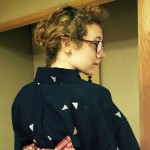

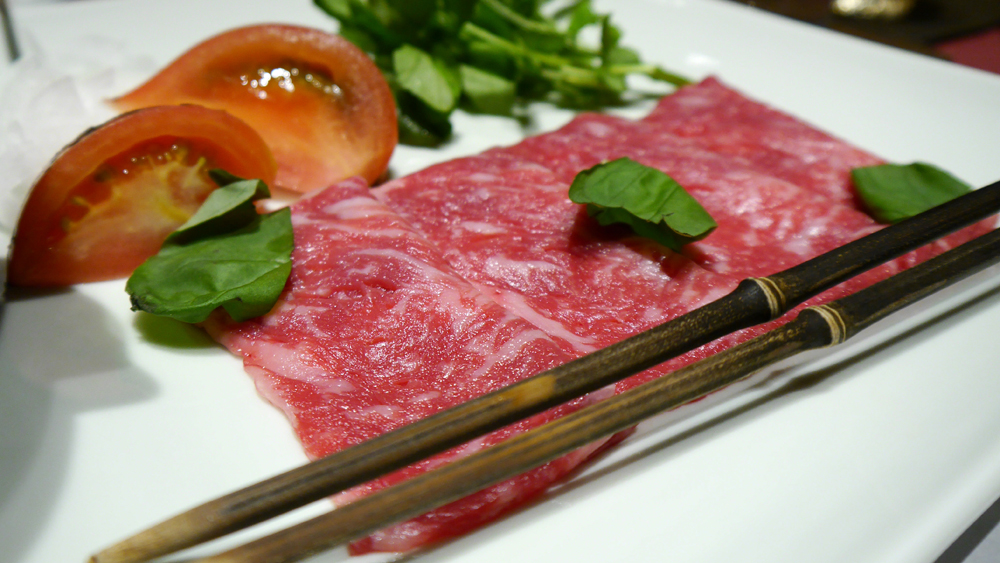
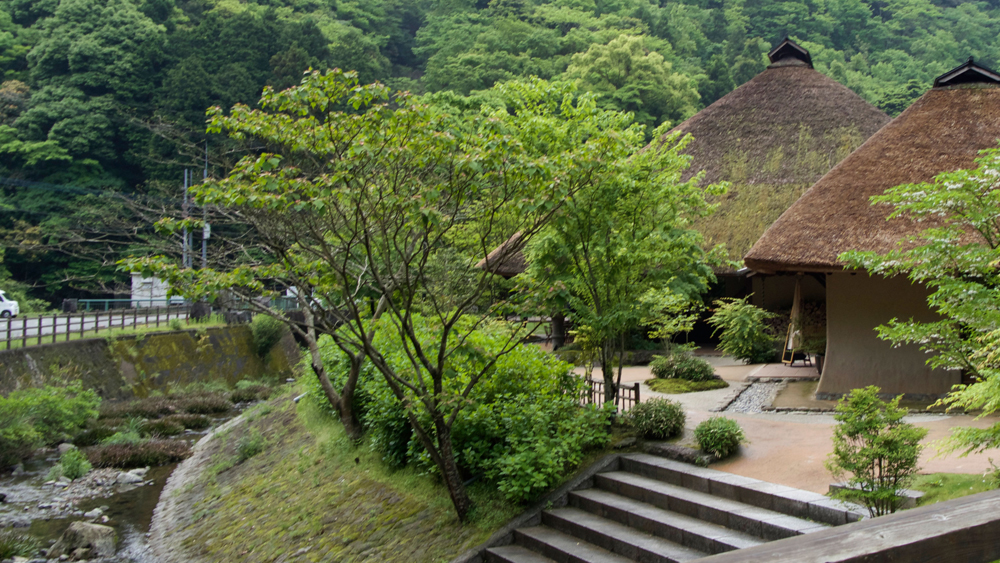
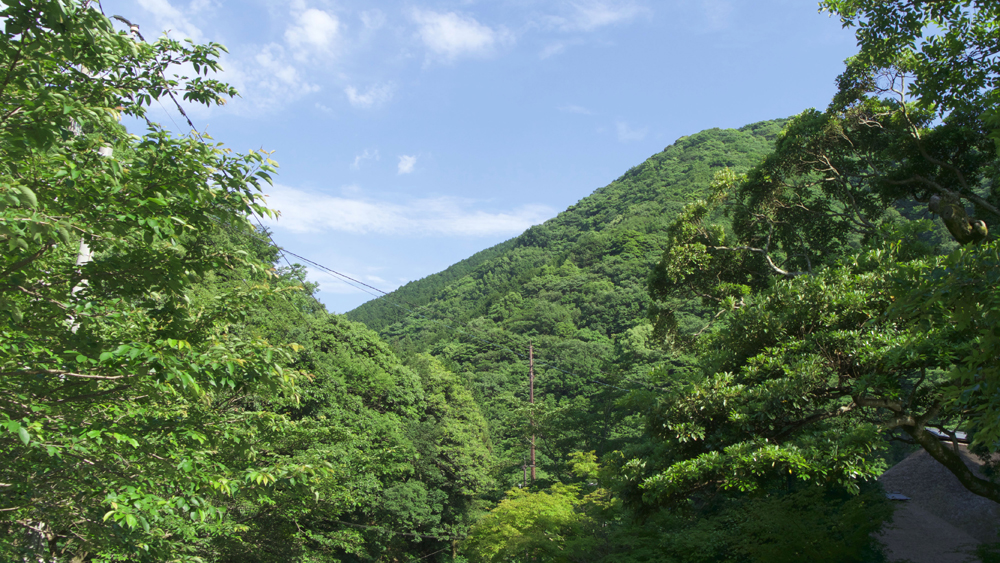
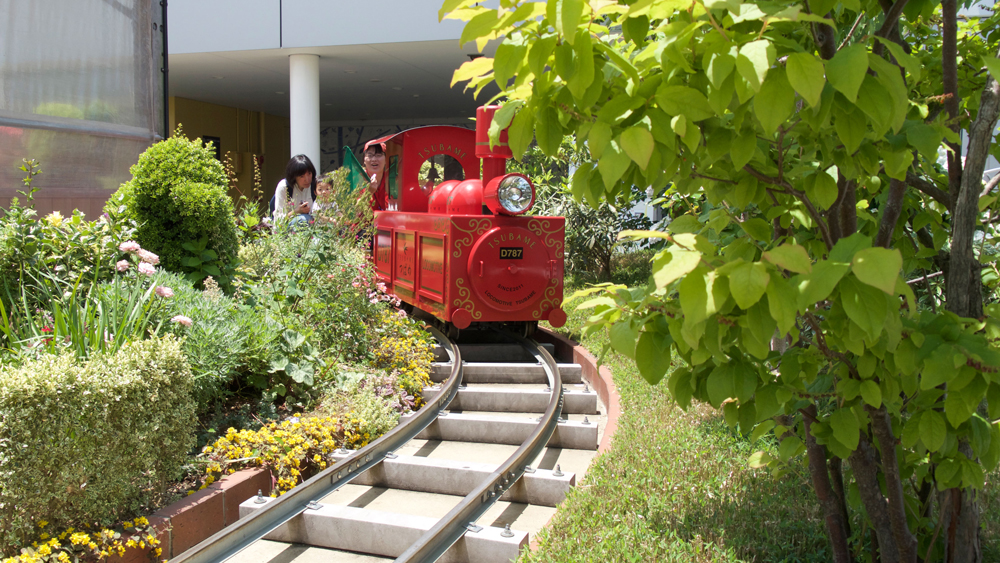
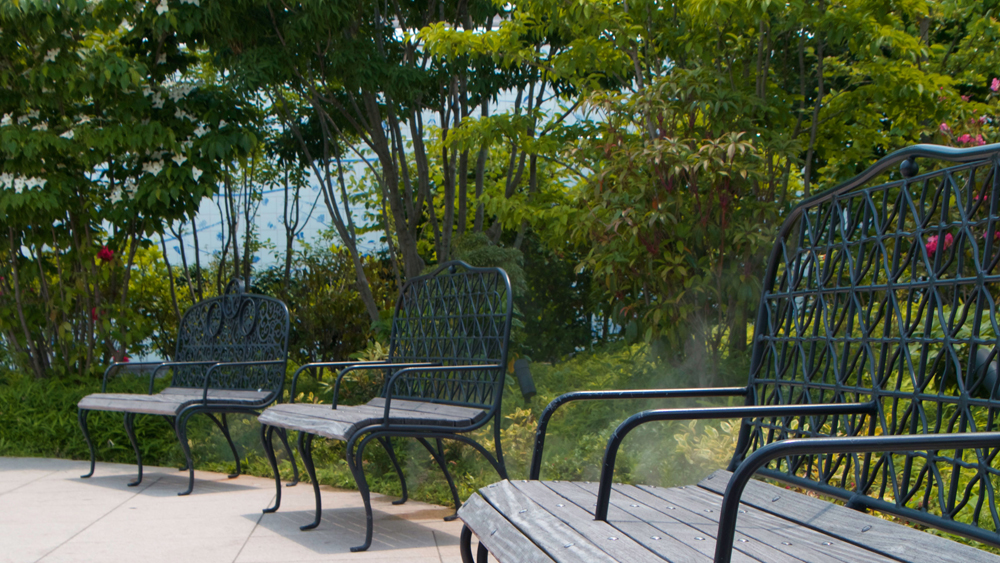
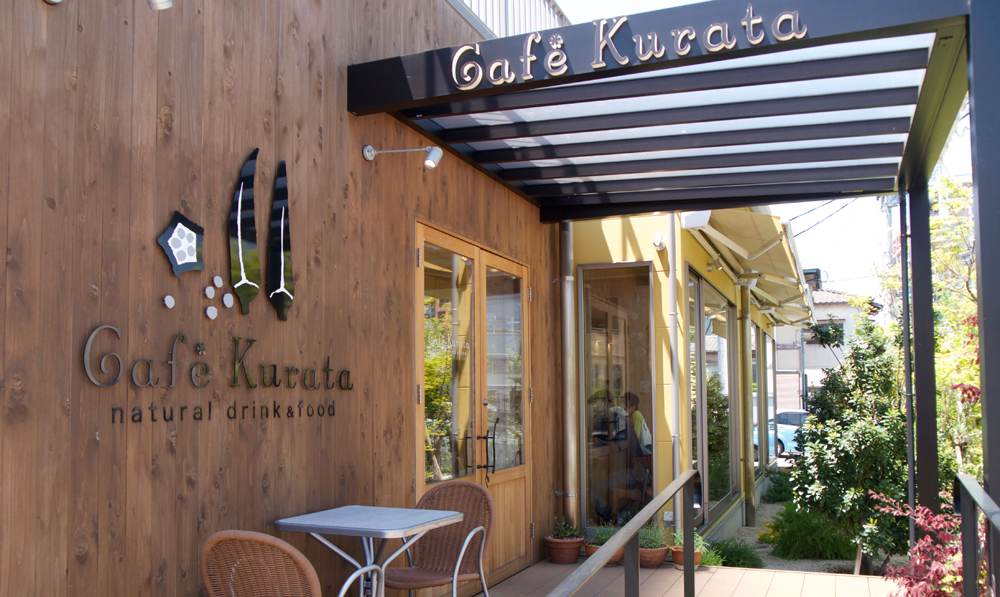
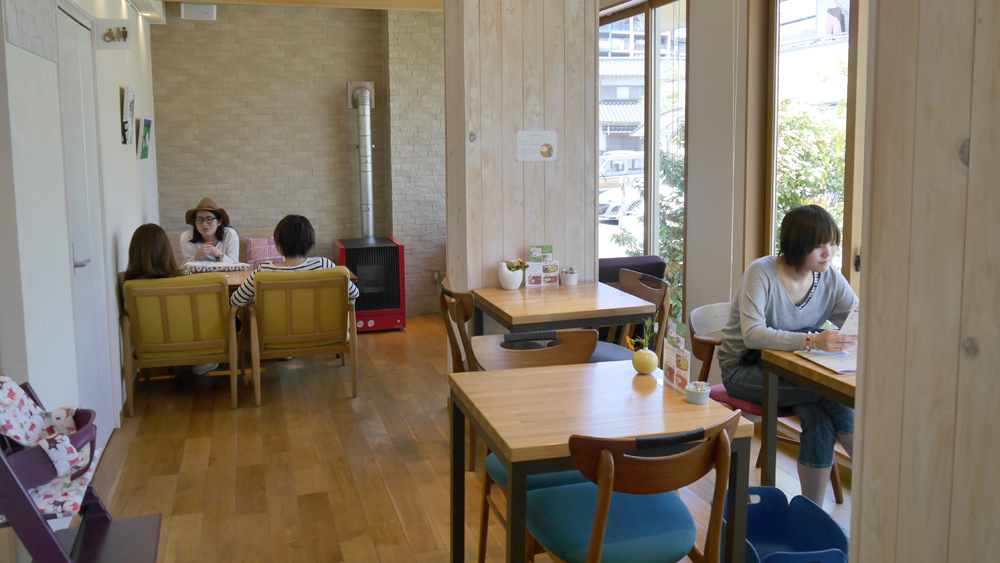
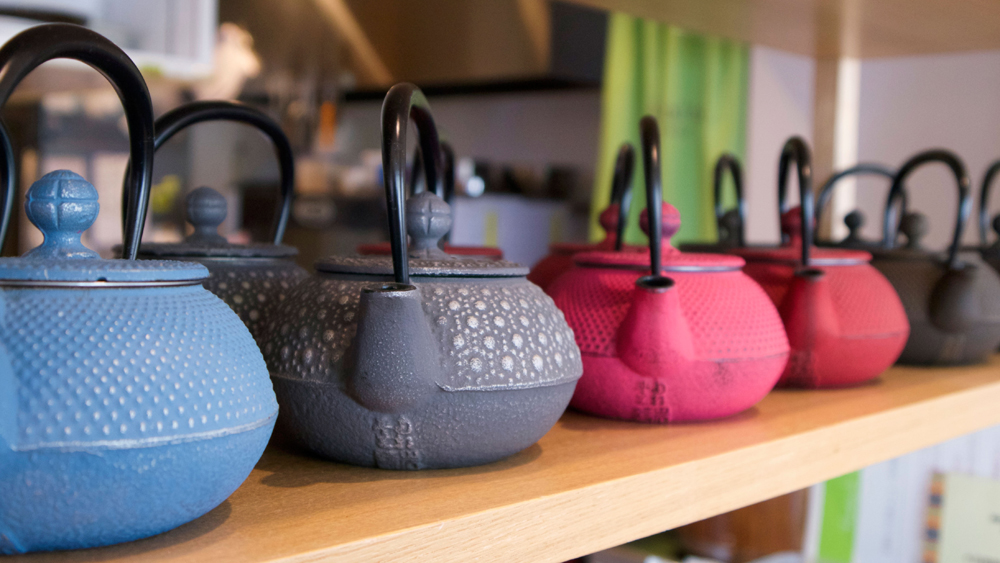
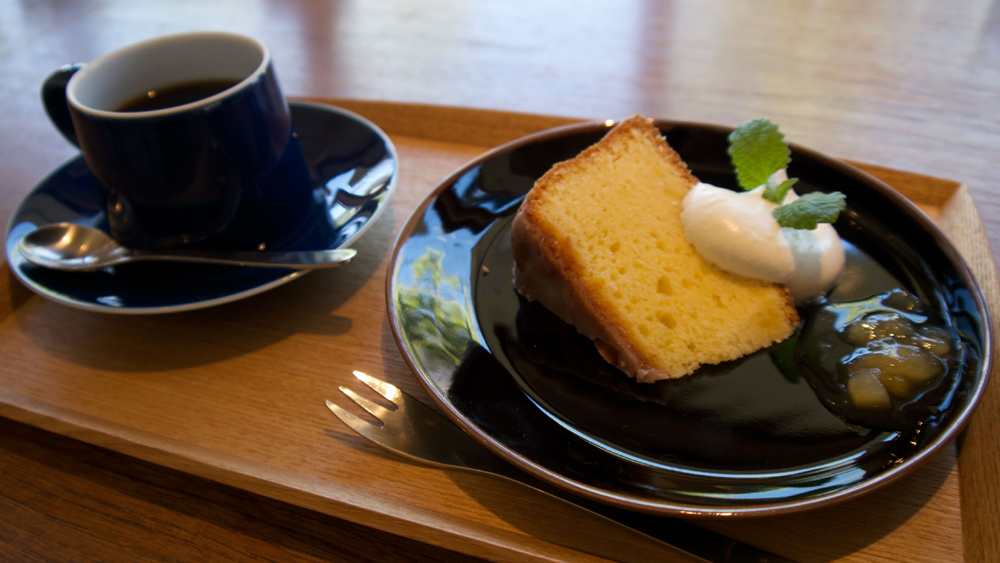
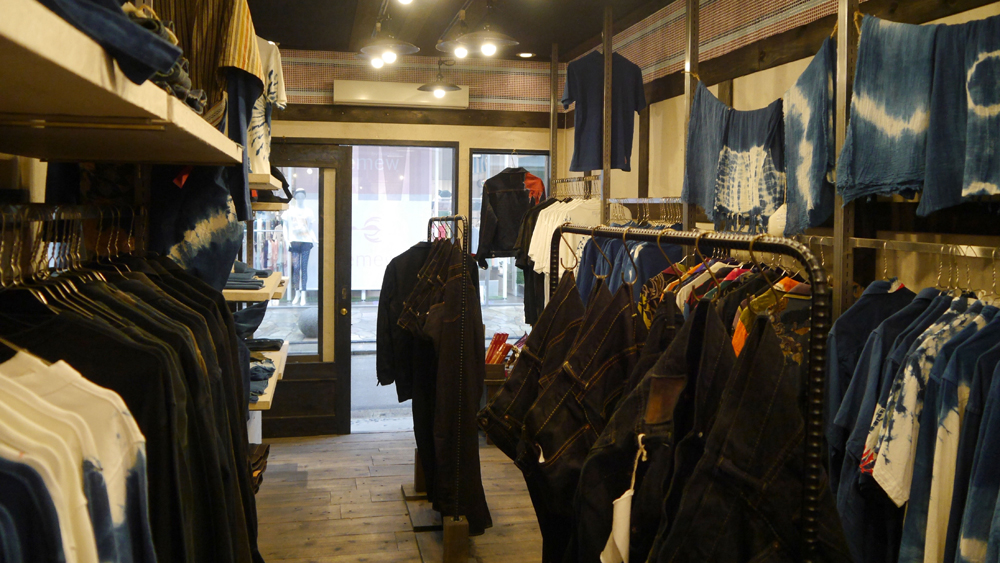
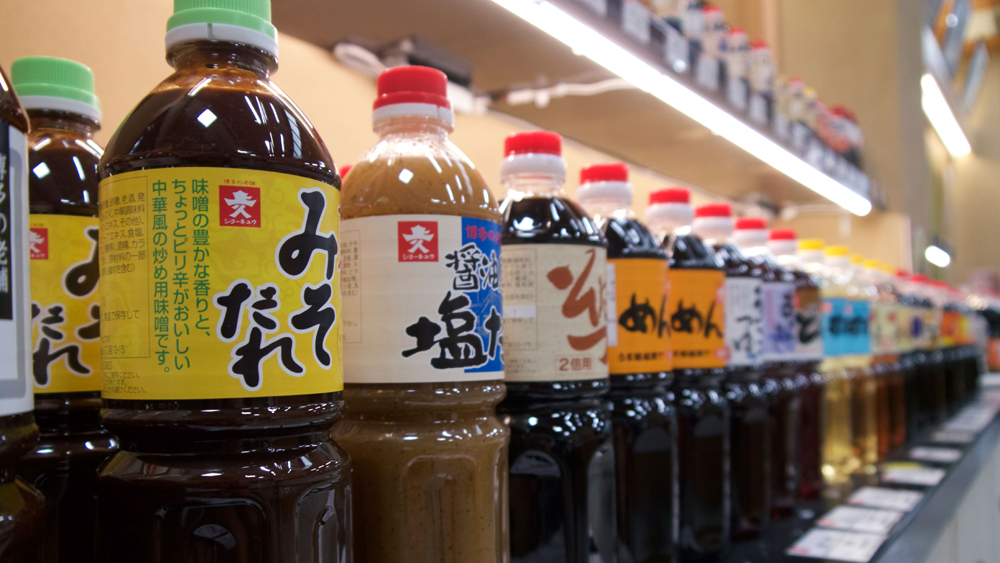
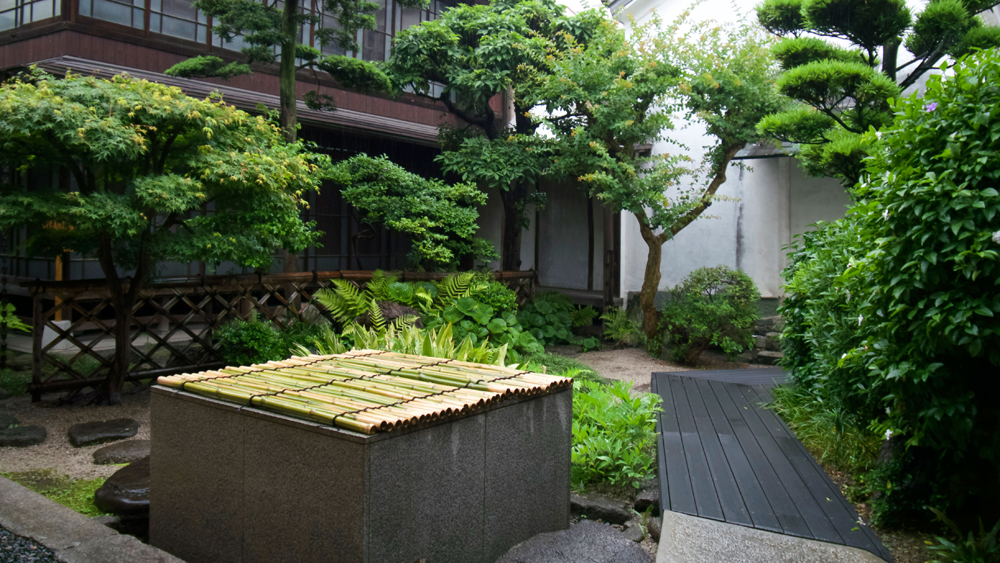
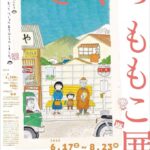
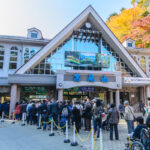
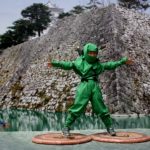

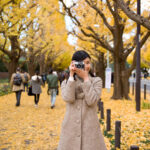





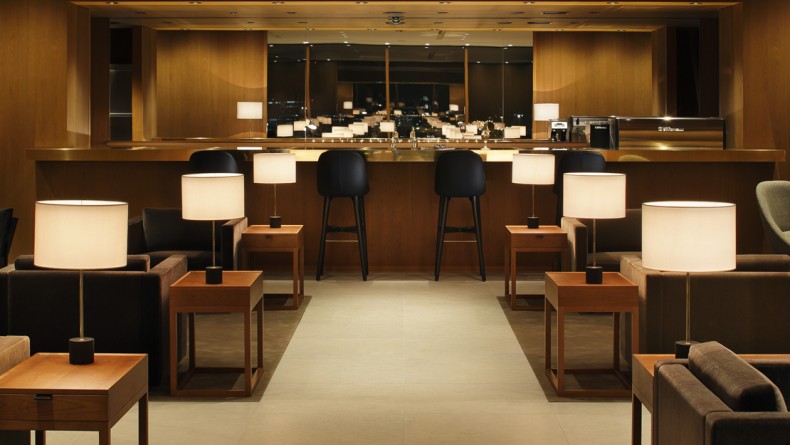
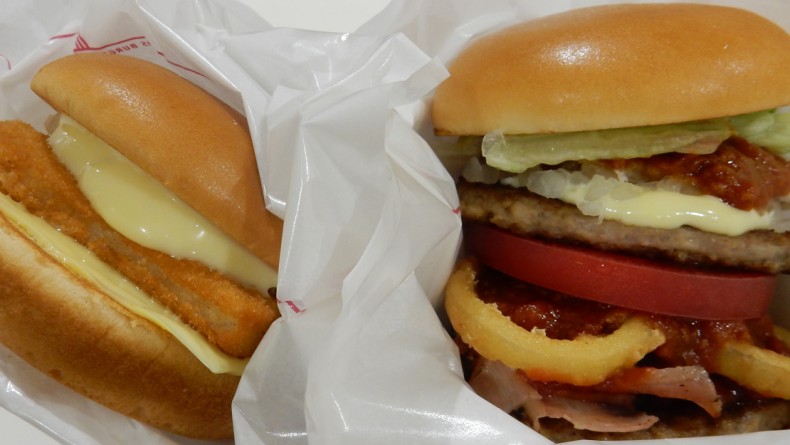
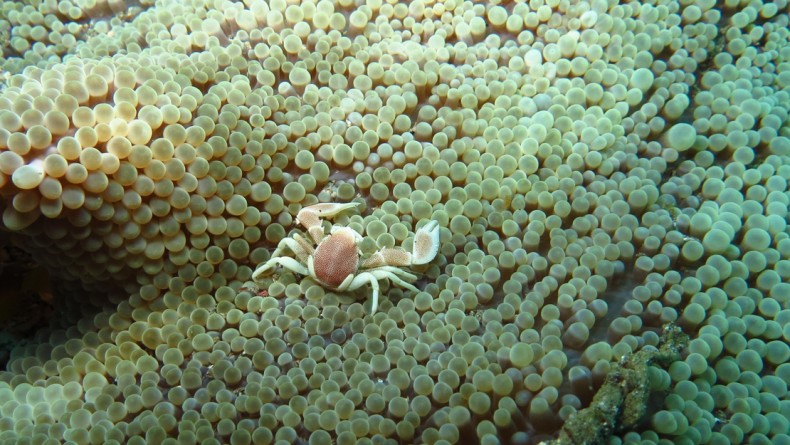
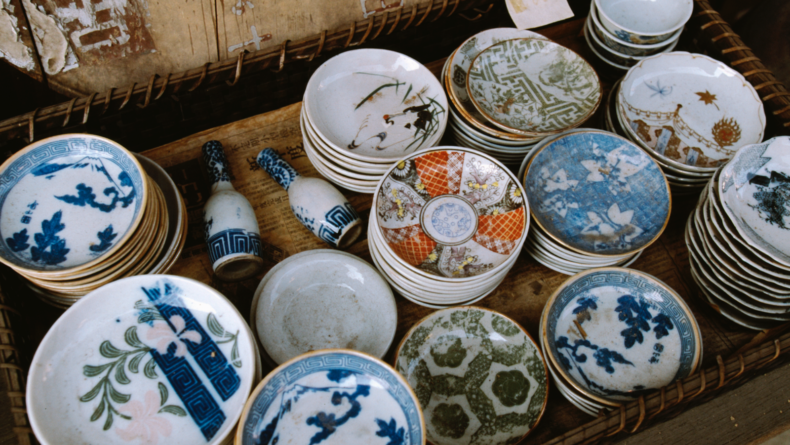
Leave a Reply